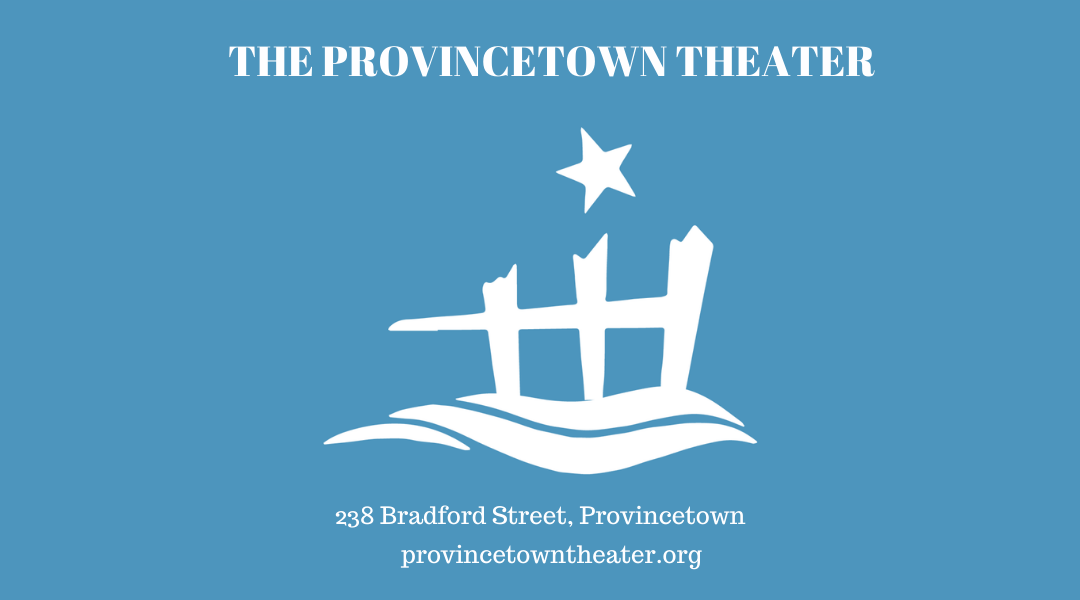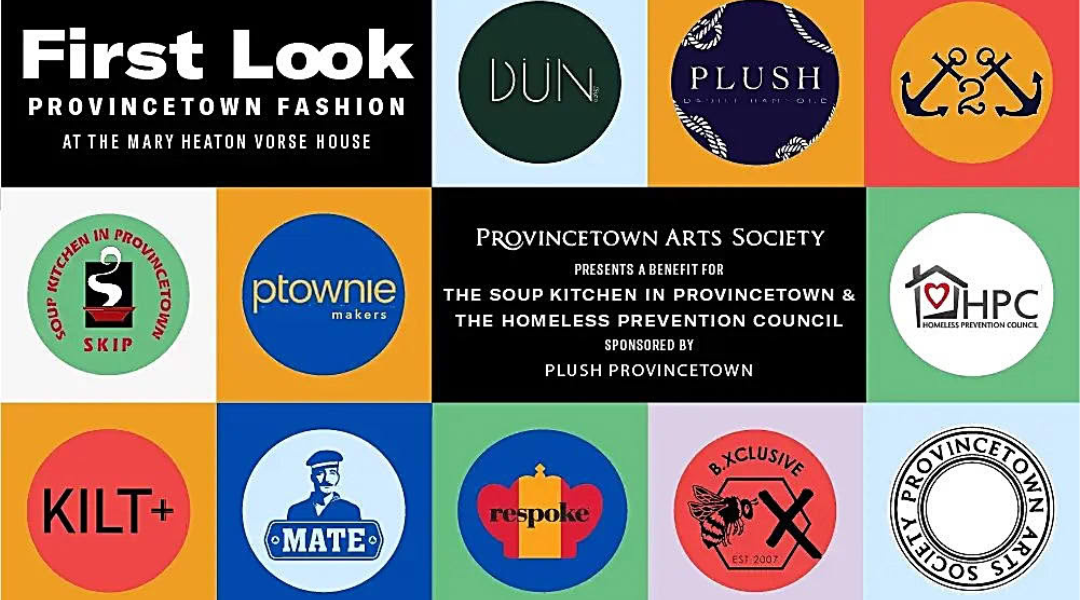
Linking the Past to the Future: the Provincetown Theater

r“When I was 24, I was doing off-off-Broadway plays,” says David Drake, artistic director at the Provincetown Theater. “My needs were different then; I needed a certain kind of community. Now that I’ve done that, I’d like to steady this institution that this town needs.”
Drake is speaking to an old and established tradition. In fact, American drama was born in Provincetown—on an improvised stage in a fish house on an old wharf, when a play by a hitherto unknown Greenwich Village bohemian called Eugene O’Neill was produced.
O’Neill would go on, of course, to win four Pulizers and a Nobel prize. Over a century after Bound East for Cardiff was offered to a Provincetown audience, his plays continue to be produced, examined, argued over, and loved. By the time he left Provincetown after nine years of making it his seasonal home, O’Neill and others in the group called the Provincetown Players, had firmly established the fishing-village as the home of true American theatre.
And so it has continued. The 1920s saw the establishment of both the Wharf Theater and the Barnstormers; the Barnstormers met, appropriately enough, in a barn in the West End; the Wharf Theater closed only in 1940 when the wharf itself was destroyed in a winter storm. The Joy Street Theater of Boston brought its productions to Ptown, and in 1946 the Provincetown Playhouse on the Wharf was organized and lasted until 1977 when the theater burned down. And even before that happened, in 1963, the Provincetown Theater was formed.
The theater originally had no fixed home, but used different venues each season—the Provincetown Inn, the Monument, Piggy’s Bar, Town Hall—until the current building became available in 2003. Now there was a stage, but no fixed company to act on it, and the theater became essentially a rental house, independent producers using the space for a production or two before moving on. One of those directors, fortuitously, was David Drake.

At that time the Provincetown Theater was an off-season community theatre, vying with the Provincetown Repertory Theatre; and the two visions of theatre were able to finally come together in the one building, thanks in large part to the efforts of townspeople like Alex Ritchie and Joy McNulty.
Provincetown Rep director Ken Hoyt “was hooked into investing in American classics,” remembers Drake. “He embraced Williams, Albee, O’Neill, Hellman. He produced one-acts as well as the brand-name plays. And he’s the one who developed Paula Vogel, got Edward Gorey involved; he brought Albee and McNally here for discussions.”
Drake came to Provincetown in 2008 to do a show at the Art House, and when Susan Grilli moved her company out of town and left the theater standing empty, Drake moved in to fill the void, directing and producing a number of plays before heading home to New York. But a few years later he’d accepted the role of artistic director—just as the building was being closed and the theater was in debt. “I thought, let me help the little country playhouse,” recalls Drake, “and in the process I realized that I belong back here. I came to it with no ego this time around, and the community embraced what I was doing. We set out a season, got out of debt, and donors and advertisers came back.”
And in the process, he made it a shining jewel in Provincetown’s entertainment scene. “People said we have to do things downtown to get an audience,” he says. “But there are more mature audiences that want something beyond just kicks and sparkle.” There’s more than enough room here for all sorts of shows. “I do things I feel are right for the community,” Drake adds. “It’s our mission, a mission of continuous quality entertainment specifically for this community with their interests in mind. So we look at things that will appeal to the LGBTQ spectrum, to intellectuals, to this audience that’s here in the summer and then year-round.”
Drake speaks often of taking the temperature of the town and the world. “It’s not preaching, it’s asking to be part of the solution,” he says. “We have unique communities here you won’t find in Chatham—much less Lincoln, Nebraska. So I had to ask, why do people come here? Because if you look at Commercial Street, it’s a different priority. The mission there is to sell tickets and drinks, to make money. It’s about entertaining a certain kind of crowd, one that isn’t local, that’s here in the summertime only. That’s fun. It’s like Vegas. It’s The Strip. We’re the drag queen capital, we are the eyelash summer circuit, there’s no other town like it in the rest of the world. We balance a community with a resort identity.” He pauses. “And that’s fine, but it isn’t what I want to be doing. I want to be building something, building a play, developing an artist.”
Provincetown’s unique place in the history of theatre is part of the draw. “You come to Ptown as a guest because you want to be part of that story,” says Drake. “Let’s face it, everyone who comes here wants to be a ptownie. It’s the modern version of a new idea. It says, I belong here.”
The Provincetown Theater offers a way for guests to become part of the town, even if just for one night. “You’re seeing local people put on a story for you. They are Provincetown people. And the legacy of all that is you’re becoming part of it,” says Drake.
Become a part of theatre in the place where it all began? Absolutely—the invitation is here!
More Recent Provincetown News




 Accommodations
Accommodations  Art
Art  Bars
Bars  Books
Books  Entertainment
Entertainment  Events
Events  Featured
Featured  Guides
Guides  History
History  Literary stuff
Literary stuff  Most Popular
Most Popular  Provincetown News
Provincetown News  Restaurants
Restaurants  Reviews
Reviews  Shopping
Shopping  Theatre
Theatre  Uncategorized
Uncategorized  Weed
Weed